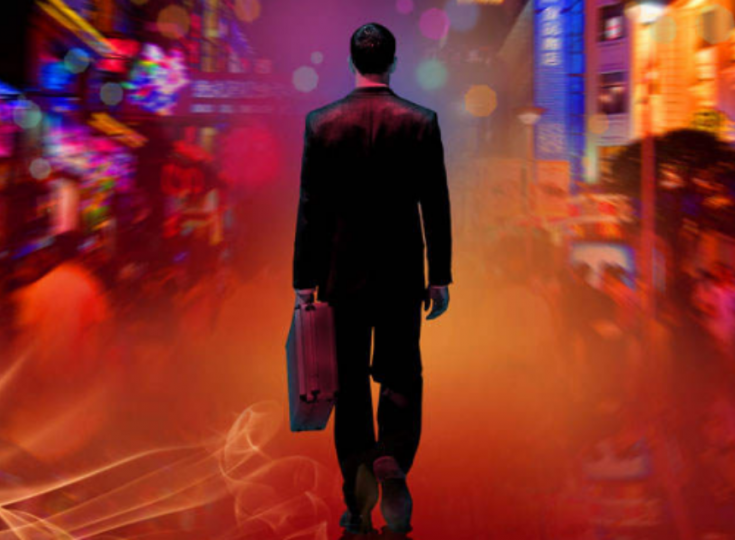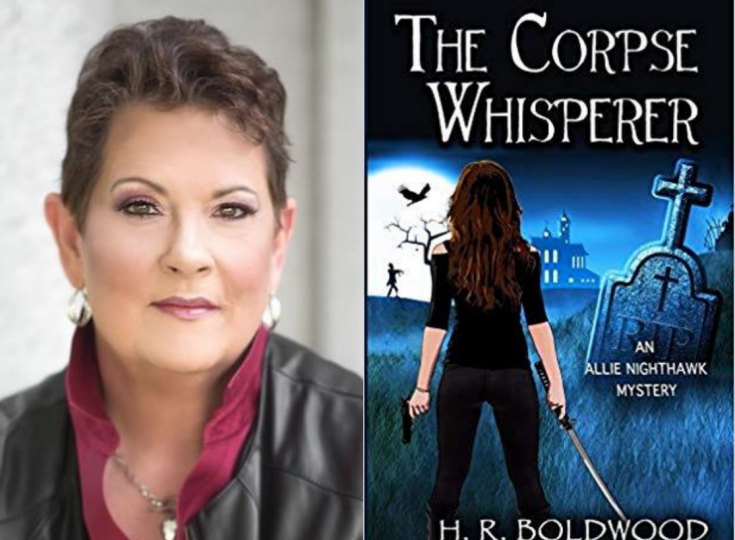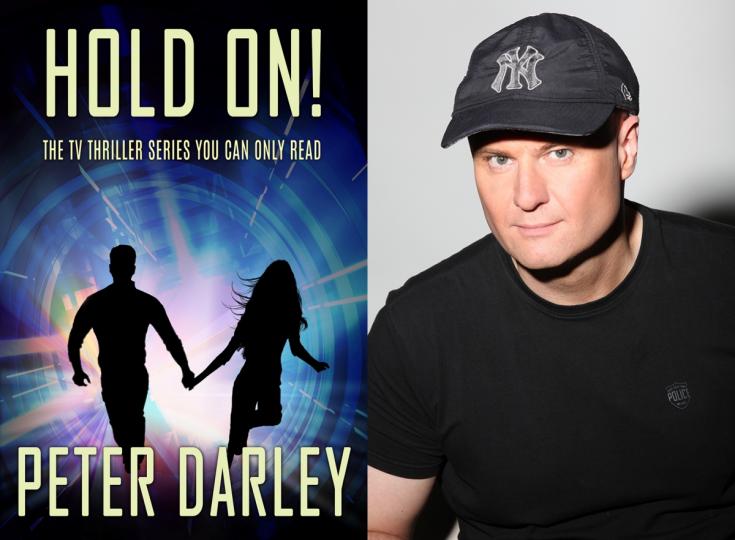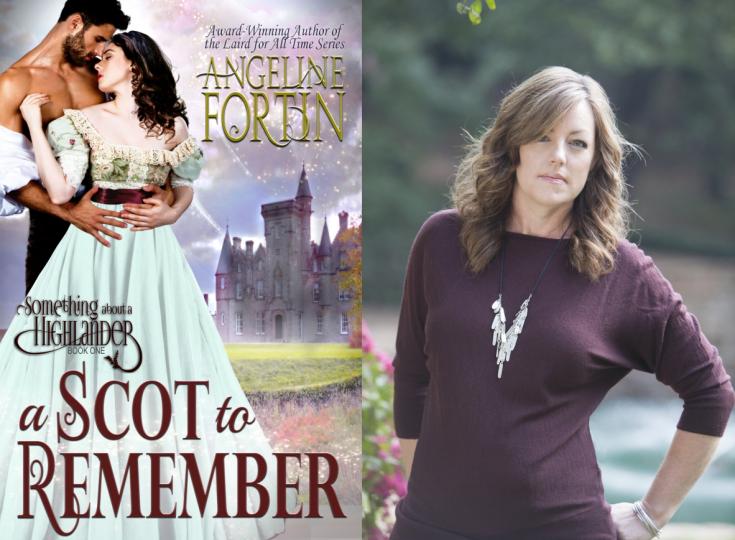Moran Chaim - Finding Humanity in a Dystopian World
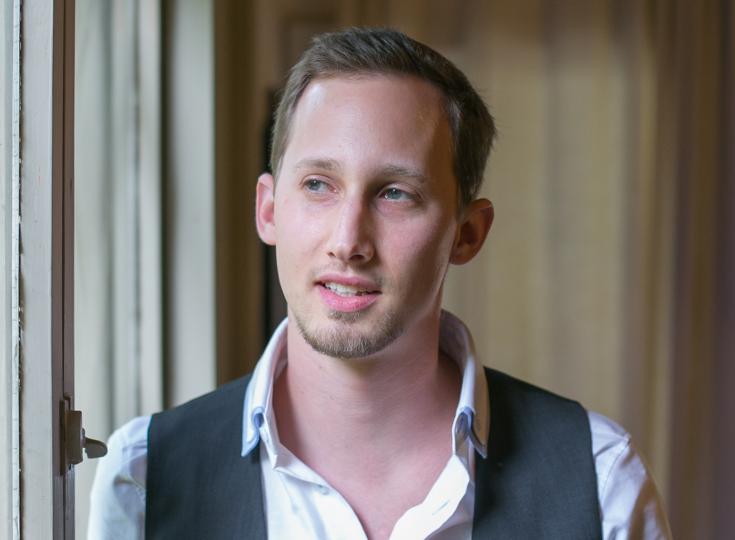
Screenwriter and author Morain Chaim likes to see, hear and smell the scenes in his mind before writing them down. Living in a country where there is continual conflict, he discovered that there are no heroes in the pointless cycle of violence. His debut novel, a dystopian sci-fi, Human Again, touches on this theme, with riveting scenes that keep readers on the edge of their seats. As our author of the day, Chaim talks about Israel, why he picked cryo-freezing as a method to send his hero into the future and in which way his book is a bit of a warning sign.
Please give us a short introduction to Human Again
It is a dystopian sci-fi novel which is narrated from the perspective of Roy, a 19 years old former IDF soldier. In the beginning he’s being revived after 300 years of cryo-freeze inside an underground shelter city called New Knaan. The city keeps the citizens safe and sane by allowing everyone to be hooked to their private VR world, while quantum systems control the city. But Roy gradually finds out it’s not so perfect and safe as it seems. And that he’ll have to choose sides in an upcoming battle.
How much, would you say, did your background in screenwriting influence your work?
A lot. If I don’t see it or hear it I can’t write it. I make up the world and conversations between characters in my head, let them live and talk and do stuff and only after it makes sense, I write. That is affected by my cinematic studies of thinking in terms of action, sights and sounds. Another very important aspect is structure. I always try to balance the creative flow of the plot with a strong dramatic structure. This was a major focus in my screenwriting studies.

What fascinates you most about the possibility of being cryo-frozen?
It’s more of a plot device than a personal fascination. My initial idea started as a “fish out of water” story. I wanted to propel my character to the future so most of his knowledge and abilities would no longer be relevant. Cryo-freeze helped me do it without getting too technical and explanatory. Starting the novel with something like a worm hole or a time machine, would have required me to answer a lot of other subsequent questions that have nothing to do with the core of my story.
Was there anything in particular, an incident or something you read, that made you want to start on Human Again?
There were a lot of incidents. Global warming as an ongoing crisis. The rise of ISIS. Political shifts in Israel. The Arab Spring. The economic crisis. I realized that it is easier to show on TV a bearded Islamic enemy than showing our real enemies, climate change and the economic system. It’s not that you can’t show the CEOs and the directors of the companies or bankers that favor dollars over our clean and stable future. You can do that but, as you know, it doesn’t work because the real fault lies within the viewers themselves. We, as the people who back up those corporations, who purchase their products and services, who elect the corrupt representatives, who care more about our own comfortable modern lives than our grandkids’ lives, we are to blame for not putting real pressure on the governments and corporations. However, the media outlets can’t point the blame to their own viewers. It’s easier to find a foreign enemy. Those outside enemies are dangerous, but not really unstoppable if you’d try. Any government could crush any terrorist organization if it really wanted to. But we let them grow and grow as long as it doesn’t mess with oil and arms trade or other political ties. And I fear a future of a global climate crisis where the rich can survive in bubble cities and shelters (which are actually being built today), while the rest of the world’s population is left without resources and would have to fight each other to survive. No religion, no nationality and no government could help anyone who’s dying of infections, hunger and dehydration. People will fight each other in tribes again.
The setting of Human Again is a dystopian world where things appear to almost be too good to be true. Why did you pick this as a background for your story?
I feel that our comfortable modern lives are blinding us from the true effects of this lifestyle. We are disconnected from nature, from our own human nature, from living meaningful lives, from communities and our own bodies. This makes us numb and less human. I fear that no matter how much technology is helping us fight diseases and terrorism, we will only get sicker, more depressed and helpless against the forces of nature. I asked myself what it would take to get me out of my chair and actually risk my life for something I believe in. That was the starting point of the story and personally I think I’ve found an answer for myself - but we, as a society, need to find it and act on it. I think people believe in themselves less and less, and believe in less bigger ideals. Everything became more egocentric. That’s why you see more mental and health issues in spite of the advances in healthcare and technology that suppose to “connect” people. VR could be the last nail in the coffin on this front.
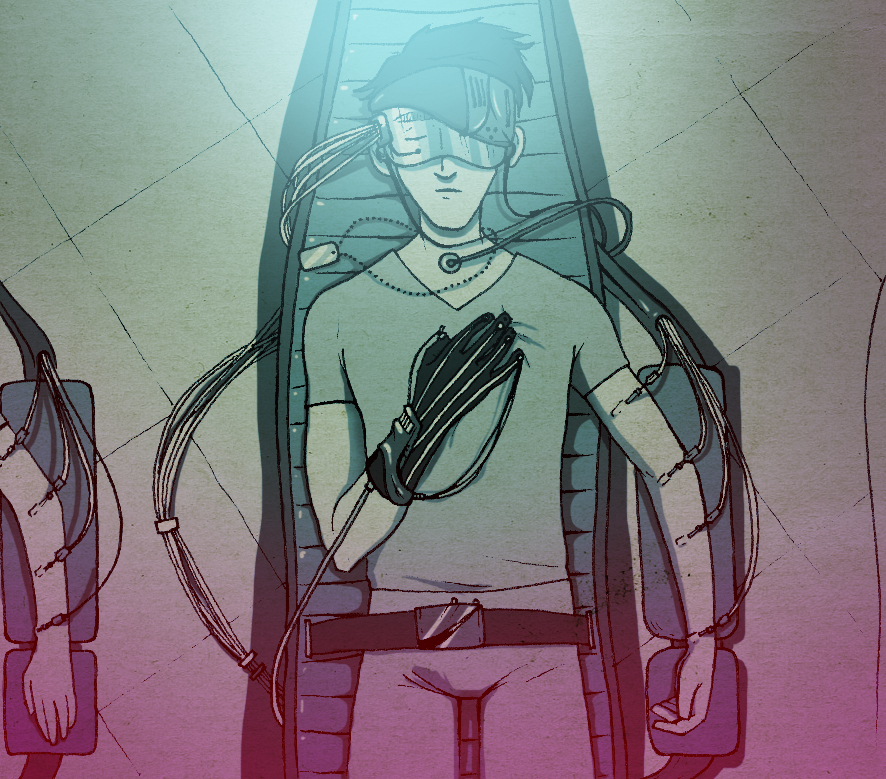
What do you hope your readers will take away from this book? Are you trying to convey an underlying message?
I know I’ve sounded very pessimistic until now, but I wrote this book as a warning sign. Things can always change for the better. We can still decide to stop this hyper-consumerist train and divert progress to a different and more humane and natural direction. I strongly believe that we can change the course before destroying ourselves and our world if we would slow down and develop the self-awareness to heal society and nature.
Did your experience of the conflict in Israel have any influence on Human Again?
Of course. We are a highly technological country in the middle of the desert. The Arab spring has happened all around us. The war in Syria came to our northern border and we were attacked with rockets every 2 or 3 years by Hamas. It affected the story in two ways: One is that there are no heroes anymore. There’s no one last final fight that ends the conflict or a hero that wins that fight. Roy dies in battle and awakes to fight again. Two, is that we Israelis fight and use technology to defend ourselves pretty well against physical threats, but we can’t unite and actually fight against the government or corporations that exploit our country. We use all the power to fight outside, but inside we just want to be left alone in front of the TV (until the next round of violence). It is a pointless cycle.
Human Again is your first novel. How does it feel? What was the reader feedback like?
It feels great! I’ve been working on it for two years. It’s been a great challenge to write it originally in English and to tell an international audience about Israel in a sci-fi way. Some people advised me to write in Hebrew and then to translate it or to write an American story, but I kept writing the story I believed in. I’m happy to say that the feedback is great, even from people who are not into sci-fi.
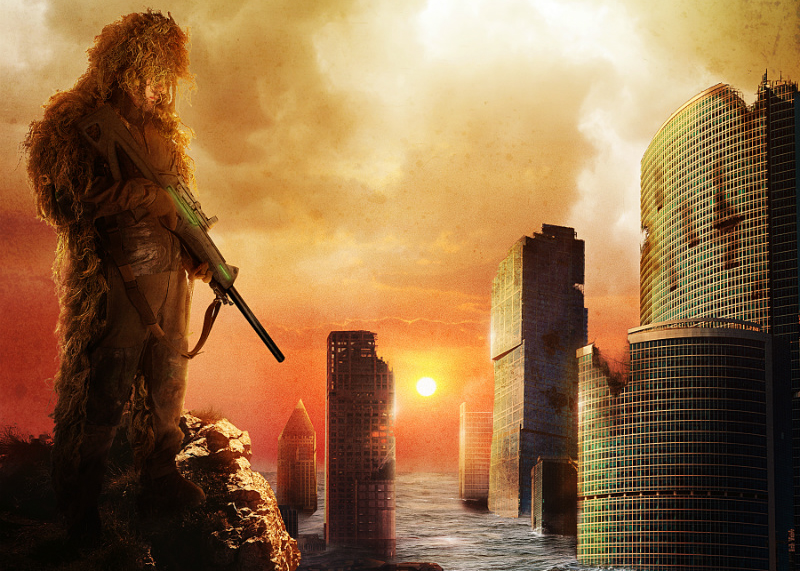
Besides writing, what other secret skills do you have?
I can cook a lot of Asian style dishes, snowboard and mediate.
Growing up, which books inspired you the most?
I didn’t read a lot of books while growing up, I was mainly into movies and video games. But the books I do remember having a lot of influence over me were The Little Prince and The Never Ending Story. I learned to love books only during my late teens.
How will the next book in the Cryonemesis series tie in with this one? How many books are you planning for the series?
I don’t want to spoil the ending, but the second book will be called Better Human and will build upon the conclusion of the first book. It’s still a work in progress. I intend to write a trilogy (for now).
Where can our readers discover more of your work or interact with you?
I can be found on
- Twitter @moranchaim
- http://Facebook.com/moranchaim/
- Website moranchaim.com
- Anyone can contact me personally via [email protected]
